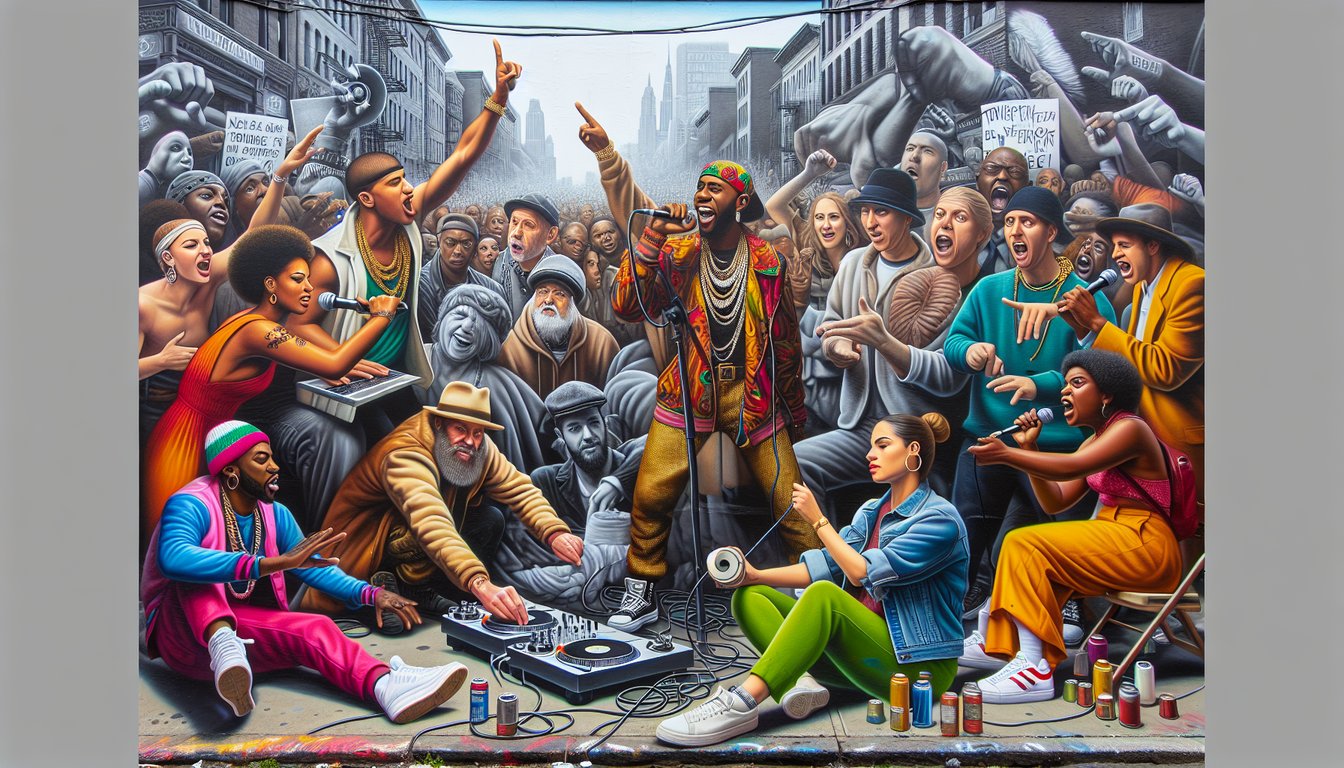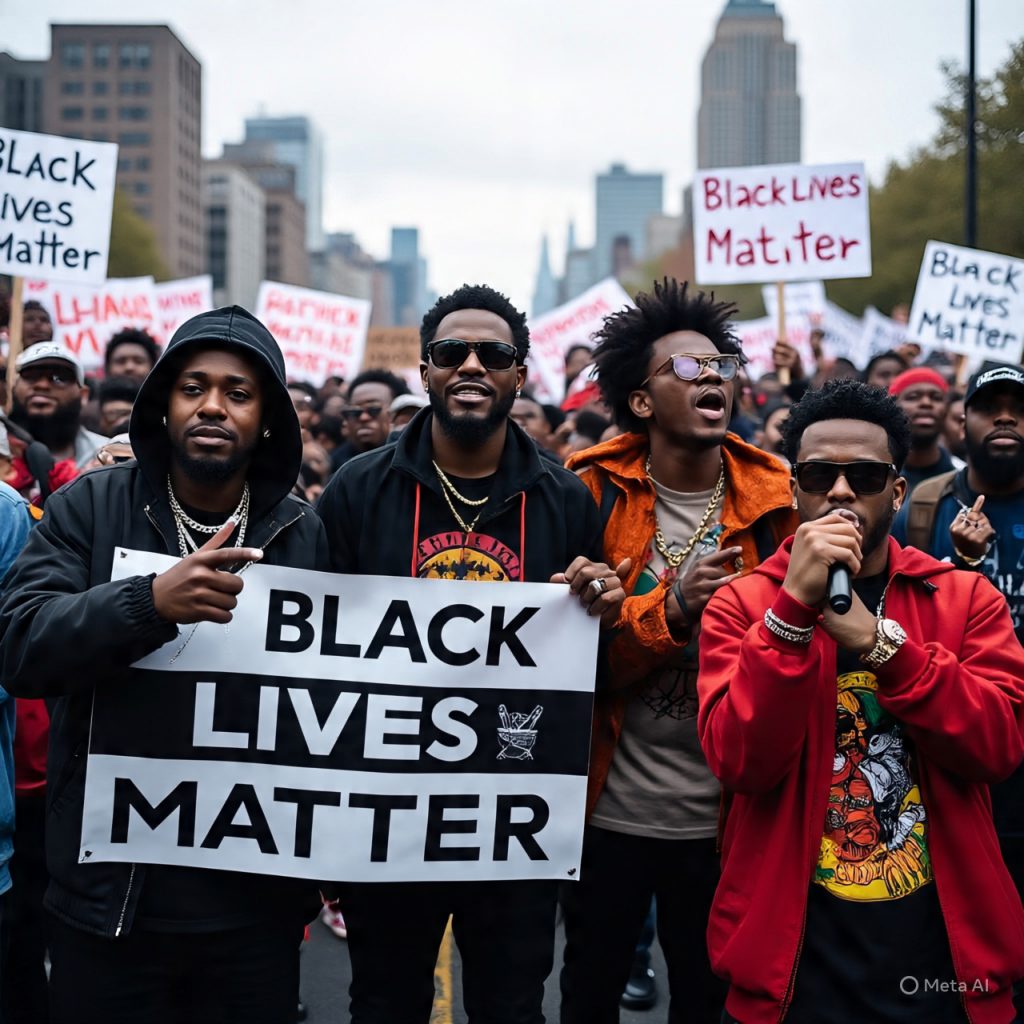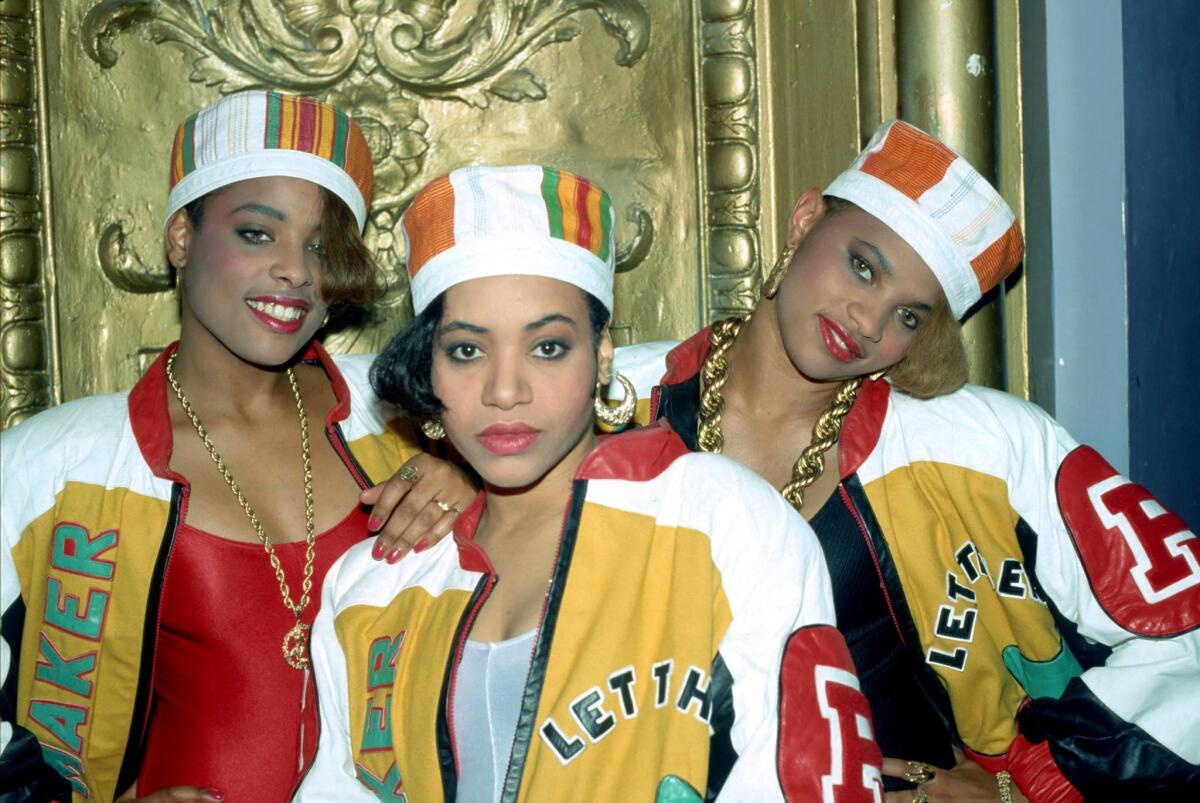
Beats of Change: The Impact of Hip Hop on Political Activism
The Origins of Activism in Hip Hop
Hip hop emerged in the 1970s as a response to the socio-economic struggles of African American and Latino communities in the Bronx. It quickly became more than just music; it was a platform for addressing systemic injustices. Artists like Public Enemy used their platform to shed light on the issues of racial inequality, police brutality, and poverty. Their lyrics and beats inspired a generation to take action and demand change.
Key Elements of Hip Hop Activism
Several components contribute to the powerful role of hip hop in activism:
- Lyrical Content: Artists articulate the struggles and aspirations of their communities, making complex issues relatable and accessible.
- Community Engagement: Hip hop fosters a sense of community, encouraging collective action through events and grassroots initiatives.
- Visual Storytelling: Music videos and performances provide a visual narrative that complements the music’s message.
Modern-Day Influences and Movements
Today, hip hop continues to be at the forefront of political activism. Artists like Kendrick Lamar and J. Cole use their platforms to advocate for civil rights and social justice. Events like the Black Lives Matter movement have seen significant support from the hip hop community, with artists creating anthems that echo protesters’ demands for justice and equality.
Impact and Reach
The global reach of hip hop cannot be overstated. Its influence extends beyond music, inspiring fashion, language, and cultural trends worldwide. This global presence amplifies political messages, creating a unified call for change across borders. Hip hop not only raises awareness but also inspires tangible action through:
- Charity Concerts: Raising funds for victims of injustices and community rebuilding efforts.
- Collaborations: Partnering with organizations to promote education, health, and civil rights initiatives.
- Social Media Campaigns: Utilizing platforms to spread awareness and mobilize supporters.
The Future of Hip Hop Activism
As we look to the future, hip hop’s role in political activism will likely grow even more significant. Technology allows for the rapid spread of information, and hip hop artists continue to leverage digital platforms to connect with audiences worldwide. For Is Hip Hop Dead, this presents an opportunity to harness these trends, engaging with audiences through podcasts, videos, and interactive content.
The intersection of art and activism in hip hop is a testament to its enduring power. By continuing to champion the voices of the marginalized and challenging societal norms, hip hop remains a dynamic force driving change and sparking dialogue. This cultural movement, rooted in the beats of change, echoes the call for a more just and equitable world.



